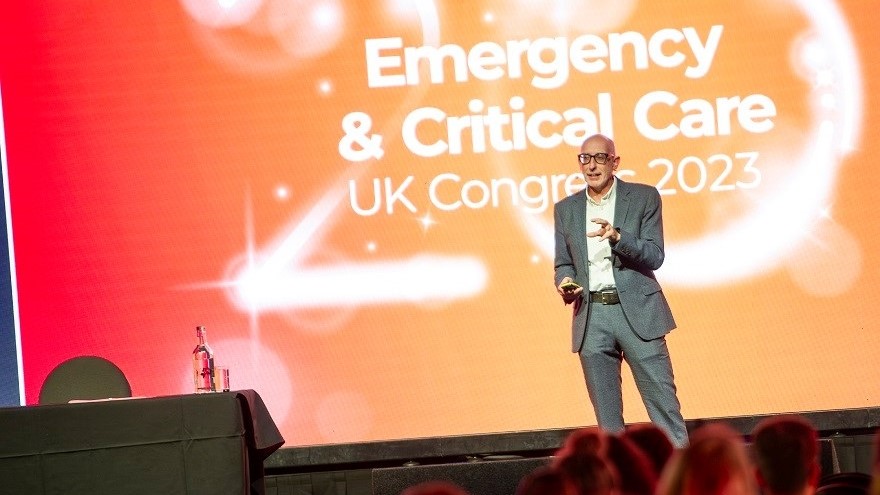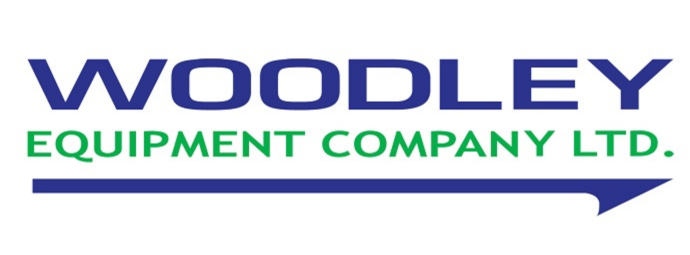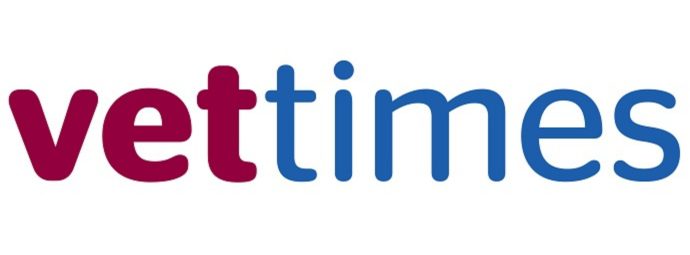Emergency and Critical Care Congress 2024
Dates: 7 & 8 November 2024
Venue: Royal Armouries, Leeds
Dates: 7 & 8 November 2024
Venue: Royal Armouries, Leeds

Join us in November for ground-breaking lectures and workshops from world-renowned speakers, amazing networking opportunities, and fabulous live entertainment.
Watch this space for news on how to get your ticket. Until then, you can check out the highlights from previous years below.
If you have any questions about the event, or you are interested in partnering with us, please get in touch here and we will get back to you.
Chloe Ball - Vet Nurse"Fantastic speakers, gripping and relevant content, a great mix of streams, interactive sessions and something for every professional within primary care, referral and emergency and critical care settings."
Rebecca Thorne - Vet Surgeon"Love the lecture content which is so relevant to out of hours work and also nice in-depth lectures"
Gabor Nemes - Vet Surgeon"Best source of in person emergency and critical care CPD "
In 2023 we hosted the 20th Emergency and Critical Care Congress at the Royal Armouries in Leeds, and we can safely say everybody in attendance had a roaring time!
A friendly conference and exhibition in a unique setting with a diverse CPD offering, the Vets Now ECC Congress aims to attract even more veterinary professionals to what is the UK’s largest event dedicated to emergency & critical care.The jam-packed two days saw talks from world famous speakers in emergency and critical care and some fabulous entertainment at the gala dinner.
If you were not able to join us, check out our video of some of the highlights from Congress 2023 and get a flavour of what to expect this year

Woodley are committed to helping veterinary practices & laboratories provide the very best patient care by developing/supporting the latest laboratory diagnostic analysers, point of care and critical care products.
Having been involved since the 1st Vets Now Congress and sharing similar values we’re delighted to be headline sponsor again this year.

Vet Times is the market-leading news and clinical features publication for the veterinary profession. VN Times is the market-leading monthly title exclusively for veterinary nurses.
With national reach and a loyal following, this trusted brand brings the latest news, features and reader content to the audience in a colourful and vibrant way.